NEW YORK, July 31 (V7N) — The Arab League has called on Hamas to disarm and relinquish control of the Gaza Strip to the Western-backed Palestinian Authority, as part of a renewed international initiative aimed at ending the Gaza war and reviving the long-stalled two-state solution.
The statement came during a two-day United Nations conference held in New York, where France and Saudi Arabia jointly issued a political declaration on July 29, outlining a roadmap toward the establishment of an independent Palestinian state. The initiative received strong backing from Egypt, Qatar, and the Arab League, signaling a rare unified stance among key regional players and international powers.
The declaration emphasized that, in order to achieve lasting peace and pave the way for Palestinian statehood, Hamas must "end its rule in Gaza and hand over its weapons to the Palestinian Authority." The proposal marks one of the strongest regional calls yet for a unified Palestinian leadership under a recognized governing body capable of engaging in diplomacy and state-building.
France, which announced last week its intention to formally recognize a Palestinian state by September, played a central role in advancing the initiative, alongside Saudi Arabia’s growing diplomatic involvement in the Israeli-Palestinian conflict. The two nations have coordinated efforts with other Arab states to formulate a political solution that includes security guarantees for Israel and a viable path to sovereignty for Palestinians.
The Arab League’s stance reflects mounting regional frustration over the prolonged humanitarian crisis in Gaza and the absence of a clear political horizon. The war, which has resulted in thousands of civilian casualties and widespread destruction, has intensified calls for a comprehensive diplomatic resolution rather than continued military confrontation.
The proposed framework calls for international support to strengthen Palestinian institutions, rebuild Gaza under a unified authority, and restart direct peace negotiations based on pre-1967 borders with mutually agreed land swaps. While the plan faces numerous political and logistical challenges, including resistance from both Hamas and elements within the Israeli government, it signals a renewed global effort to break the deadlock in one of the world’s most protracted conflicts.
The United Nations, while not an official signatory to the declaration, has welcomed the initiative and reiterated its long-standing support for a two-state solution as the only sustainable path to peace in the region.
END/WD/SMA/



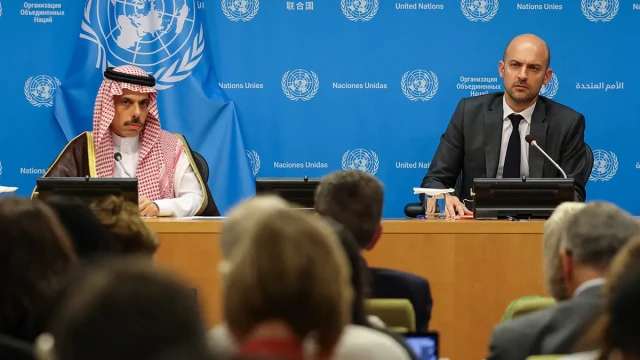
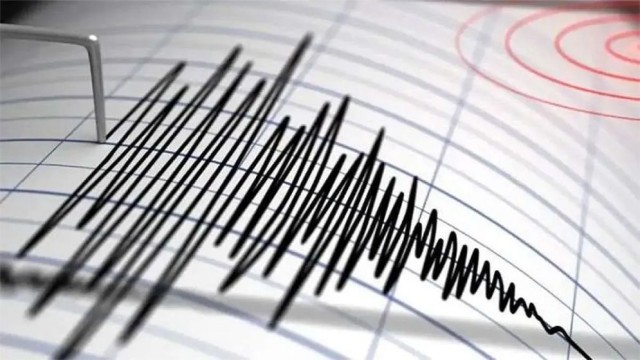
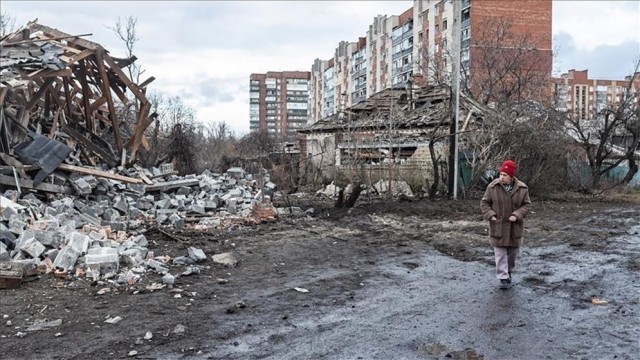

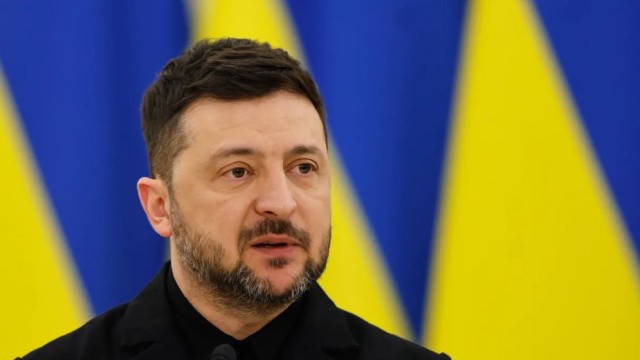

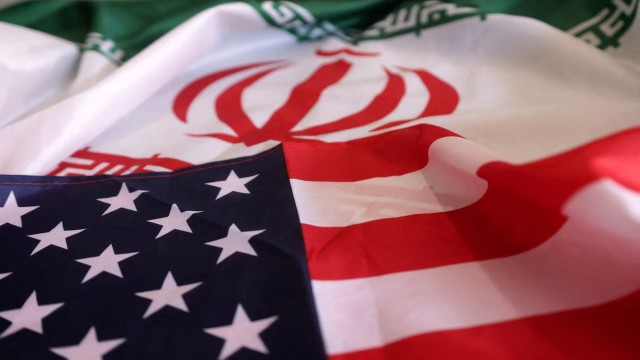

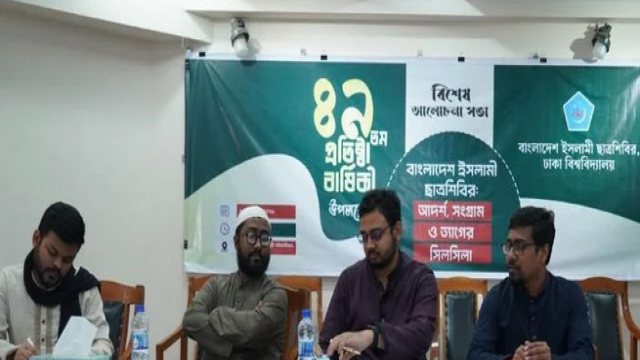


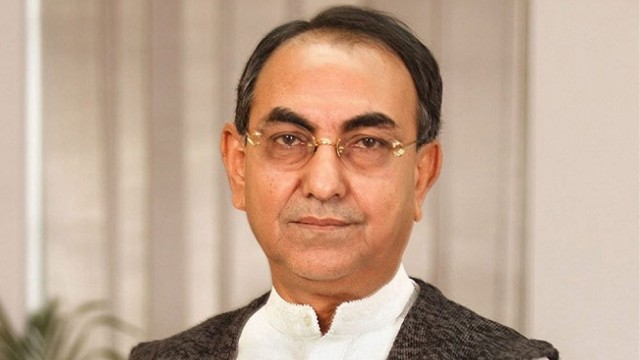




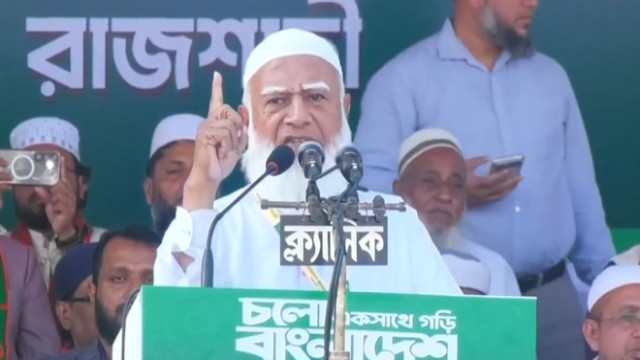










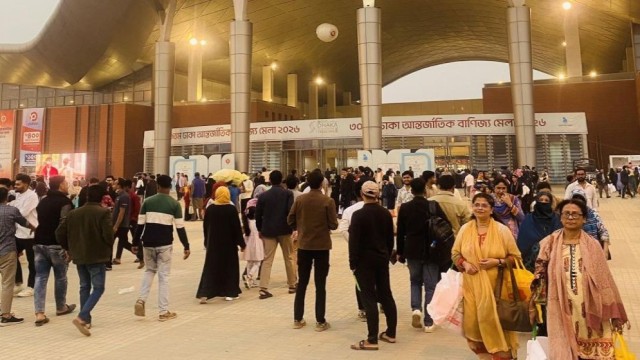
Comment: